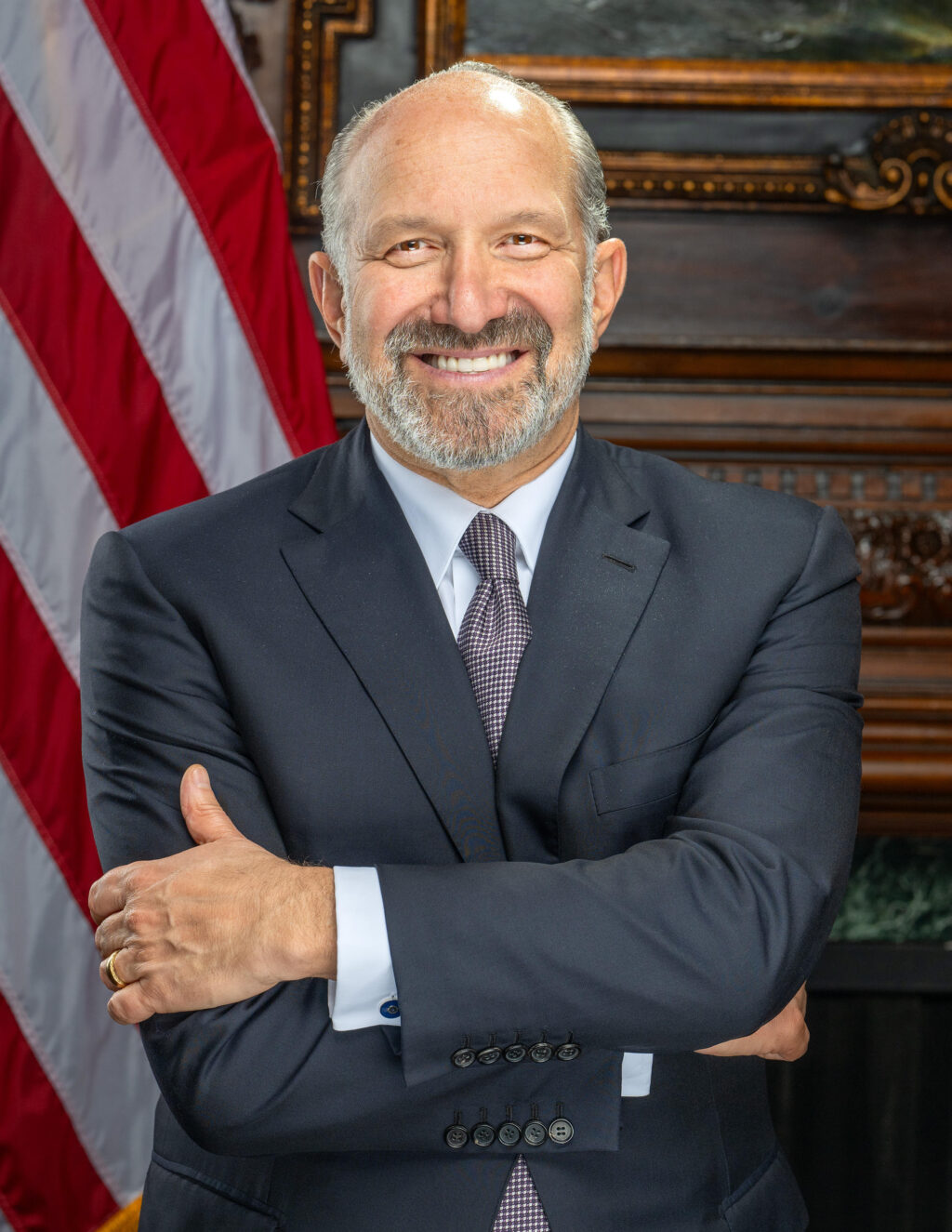
Introduction
Howard Lutnick is a name synonymous with resilience and leadership in the financial services industry. As the Chairman and CEO of Cantor Fitzgerald, Lutnick has not only shaped the landscape of finance but has also become a beacon of philanthropy and community support, especially after the harrowing events of 9/11, which significantly affected his firm and personal life. Understanding Lutnick’s journey offers valuable insights into the intersection of business, leadership, and humanitarian efforts.
Career Overview
Born on July 14, 1961, Howard Lutnick graduated from Haverford College and joined Cantor Fitzgerald soon after. His rise within the company was meteoric, and by 1991, he was appointed CEO. Under his leadership, Cantor Fitzgerald became a major player in the global financial markets, specializing in institutional services. However, the company’s reputation was severely shaken on September 11, 2001, when the firm lost 658 employees in the World Trade Center attacks. Despite this tragedy, Lutnick emerged as a dedicated leader, vowing to support the families of the victims and to rebuild the company.
Philanthropic Efforts
Following the events of 9/11, Lutnick launched the Cantor Fitzgerald Relief Fund, providing financial aid to the victims’ families and emphasizing the importance of charitable responsibility. Over the years, he has raised hundreds of millions of dollars for various causes, including education, healthcare, and disaster recovery. His commitment to philanthropy is not just limited to financial contributions; Lutnick actively advocates for social causes and engages in numerous fundraising initiatives.
Recent Developments
In recent months, Lutnick has been focusing on expanding Cantor Fitzgerald’s services and enhancing its technology offerings to adapt to a fast-changing financial environment. In 2023, the firm announced plans to invest in innovative fintech solutions and expand international trading capabilities, responding to an increasing demand for agile and effective financial services. Lutnick’s vision is to ensure that Cantor Fitzgerald not only remains relevant but thrives in the increasingly competitive landscape of financial markets.
Conclusion
Howard Lutnick’s journey reflects the complexities of modern entrepreneurship, balancing the demands of leading a major financial firm with a commitment to giving back. His story underlines the significance of resilience in the face of adversity, as well as the impact that dedicated leadership can have on both the corporate world and society at large. Moving forward, Lutnick’s ongoing contributions to finance and philanthropy will continue to inspire future generations of business leaders.






